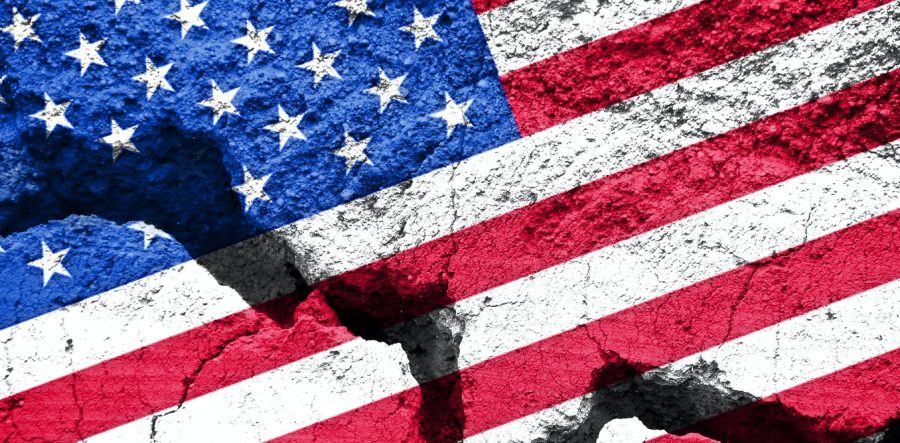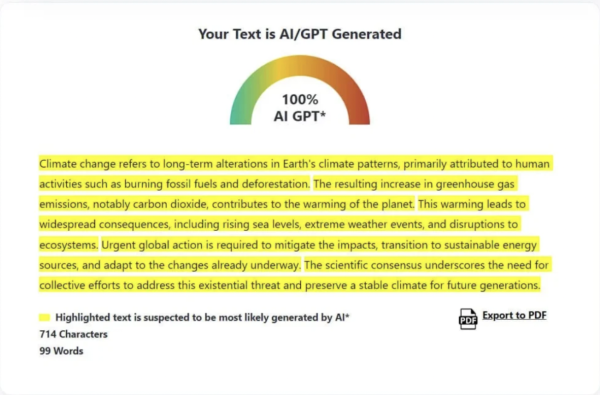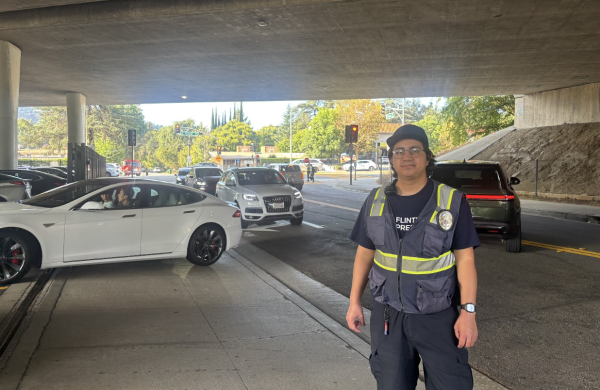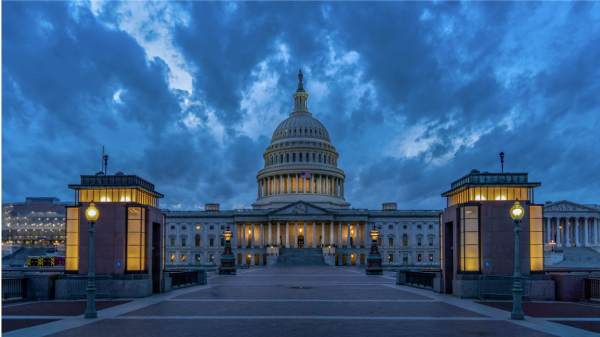Healing the Division
Photo courtesy The Conversation
There are few things on which Democrats and Republicans can agree these days — except for the now common, yet sad, realization that America is fundamentally divided. The battle lines have been drawn, and the bipartisanship that used to define our legislative bodies of government seems like a distant cry from the past. Any difference in political opinion can easily be seen as an indicator of morals that can never coexist with each other. Especially in the throes of a pandemic, an economic crisis and a multitude of pressing issues abroad, this division has become so pervasive that it has destroyed familial bonds, made us question the values of those with whom we surround ourselves and creeped into every aspect of our personal and professional lives.
The unity that President Joseph R. Biden, Jr. evoked in his 2020 quest for the presidency now seems detached from reality — the era of working together all but bygone. A study by the Pew Research Center confirms this chasmic divide — during the leadup to the 2020 presidential election, 89% of Trump supporters and 90% of Biden supporters believed that the country would suffer lasting harm if their preferred candidate did not win. As politicians on both sides of the aisle have begun to relentlessly and personally attack those with whom they don’t agree, we as a nation have descended into an era of political tribalism: we each belong to a camp of people who agree with us and we refuse to engage in constructive dialogue with people who don’t. Some researchers take a far darker outlook — recent findings published in the Proceedings of the National Academy of Sciences argue that the inability of the Covid-19 pandemic to have united the country signals political fault lines so deep that they indicate an irreversible tipping point. (If anything, politicians capitalized on the country’s vulnerability during the pandemic to spread misinformation and spew lies.)
One of the most profound markers of this palpable polarization is our inability to agree on anything: not even the legitimacy of our elections. As former President Donald J. Trump continued to double down on the Big Lie — that the 2020 presidential election had been egregiously stolen from him — what once would have been dismissed as needless fear mongering became reality: the halls of our democracy were attacked. From the violent physical assault of the Capitol on January 6th, 2021 — when pro-Trump rioters attempted to stop the certification of a fair and free election — to the insidious campaign to illegally override the will of voters in key swing states by replacing lawfully-chosen electors with ones who would cast their ballots for Mr. Trump, the cracks in American democracy have never been more visible — and its very existence has never been more fragile.
As Americans, we have always prided ourselves on the strength of our democratic institutions — our right to vote for those who we want to represent us and our ability to meaningfully compromise on the things that matter. America was founded on compromise — our legislative systems were created upon the basis of the Connecticut Compromise. After an unprecedented attack on American soil and violation of national sovereignty on September 11th, 2001, Americans of all political stripes once again lifted up one another. Compromise at the highest echelons of power and in the most crucial of times is possible — and it is needed. Working together — setting aside our differences in pursuit of common ground — achieves unparalleled results.
The Flintridge Prep community is in many ways a microcosm of the American electorate at-large — we, too, are a group of intellectually diverse individuals who care about the most pressing issues facing our country. On our home turf, we can reinvigorate the classically American ideal of constructive and civil dialogue that in many ways built our nation. By consciously seeking to speak with those who are in “ideological opposition,” we begin to remove ourselves from the tribalist nature of 2022 politics. By seeing those on the other side not as cruel villains akin to vile bigots but as people who just have different thoughts on how to get our nation to a better place, we increase compassion across the political aisle. By not “canceling” intellectual dissent, seeking to shun dissenters into silence or inciting a mob to make them afraid, we open up a vast new source of extraordinary ideas and opinions that, together, shape the foundation of compromise. Truly, by seeing the humanity in everyone around us, we find the humanity in ourselves.
In the words of an exceptional unitor of a divided people, Abraham Lincoln, “A house divided against itself cannot stand.” Let us begin to reignite the flames of our democracy through our own actions every day — to engage ourselves in the tough, controversial and sometimes-bitter conversations that need to be had in order for our community and country to get to a better place — but to also not let the outcomes of those conversations dictate the fate of our personal relationships. The marketplace of ideas — democracy in its finest form — is too important to abandon.

Grade: 11
Years on Staff: 3
Why are you writing for the Flintridge Press?
In the leadup to another contentious presidential election, the challenges...







